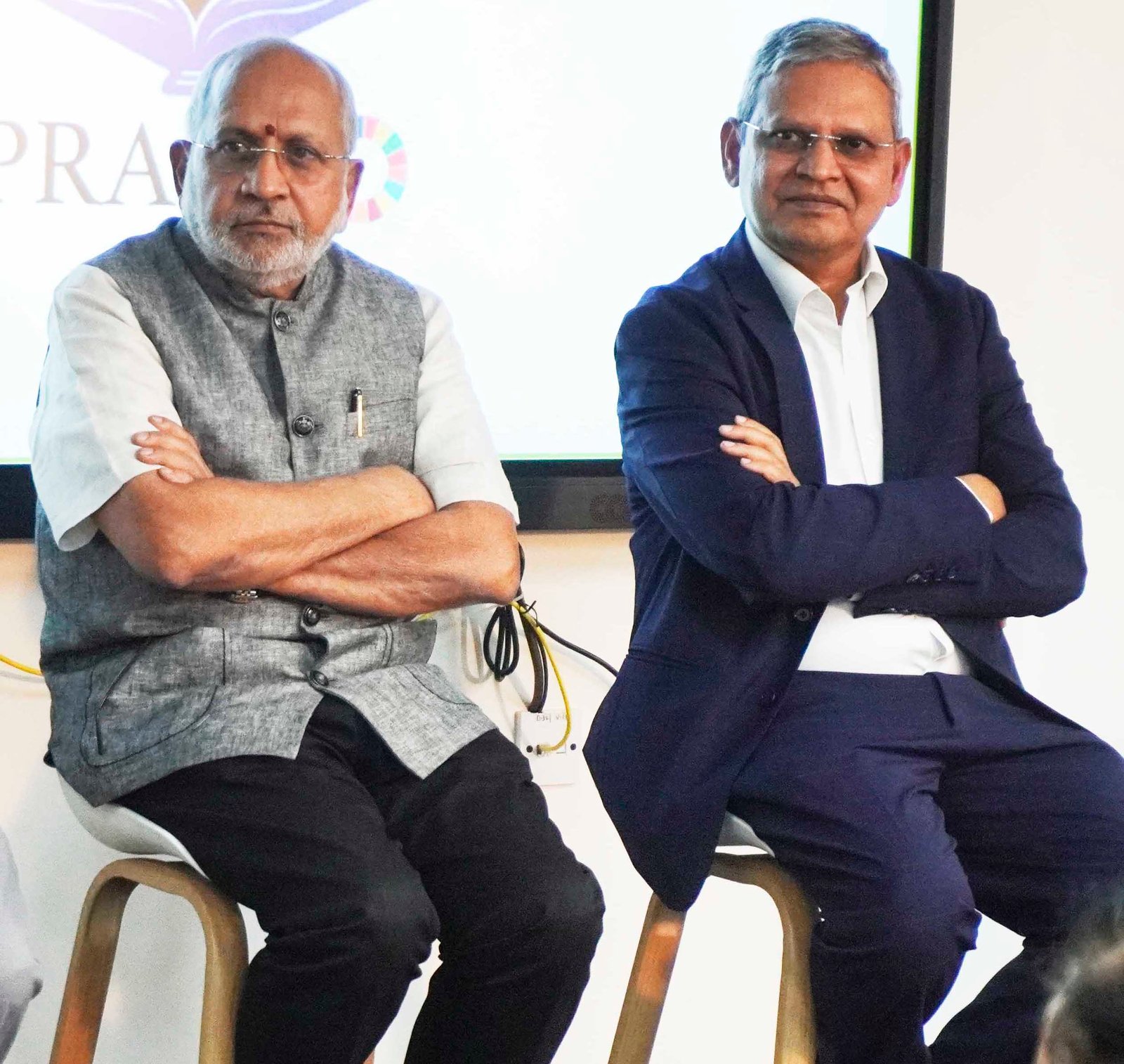Hyderabad, (Telangana), [India], September 28, 2024 – Prominent healthcare professionals and public health leaders from Hyderabad, including members of the Infection Control Academy of India and organizers of the Global South Conference on Infection Prevention and Control Antimicrobial Stewardship (G-SPARC), have welcomed the United Nations General Assembly’s (UNGA) decision to reduce human deaths caused by antimicrobial resistance (AMR) by 10% by 2030.
Dr. Ranga Reddy Burri, President of the Infection Control Academy and Chair of G-SPARC, along with R. Govind Hari, Chairman of the Pragyaan Sustainable Health Outcomes Foundation (PRASHO) and Co-chair of G-SPARC, praised the milestone achieved during the 79th UNGA High-Level Meeting on AMR. In a press note, they emphasized the importance of this decision in combating the global threat of AMR.
“We welcome the agreement made at the UN General Assembly, including the ambitious target to reduce human deaths from AMR by 10% by 2030,” they stated.
At the meeting, global leaders endorsed a political declaration to tackle AMR, with specific targets, including reducing the estimated 4.95 million annual deaths associated with bacterial antimicrobial resistance by 10% by 2030. The declaration also called for sustainable national financing and US$100 million in catalytic funding, aiming to have at least 60% of countries implement fully funded national action plans on AMR by 2030. This funding will be secured through diversified sources and contributions to the Antimicrobial Resistance Multi-Partner Trust Fund.
The experts also highlighted India’s reaffirmed commitment to fighting AMR, as expressed during the 79th UNGA session. Anupriya Patel emphasized India’s progress since the launch of the National Action Plan (NAP AMR) in April 2017, while calling for the urgent integration of AMR containment strategies into various health programs. Dr. Ranga Reddy and R. Govind Hari stressed the need for continued efforts to curb AMR globally.



